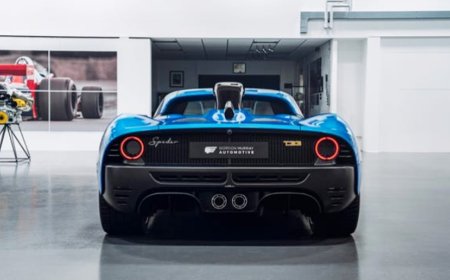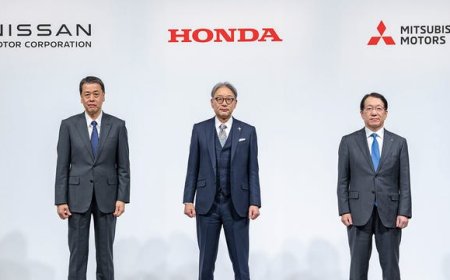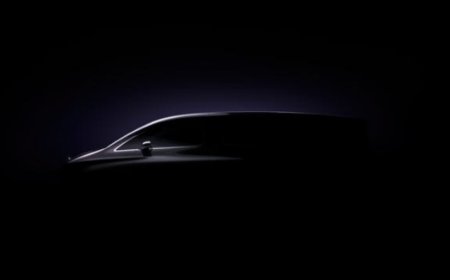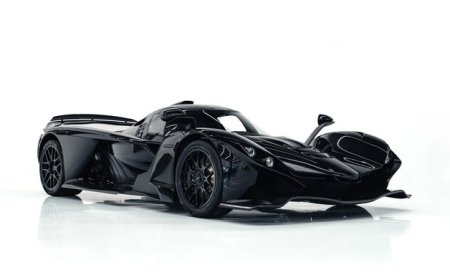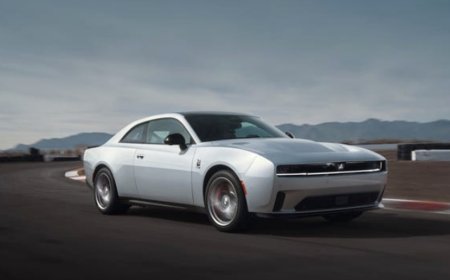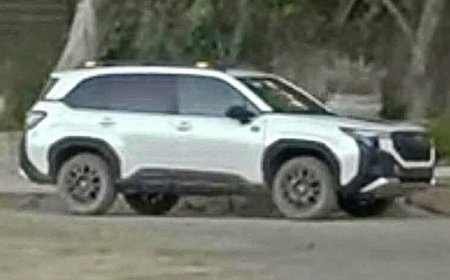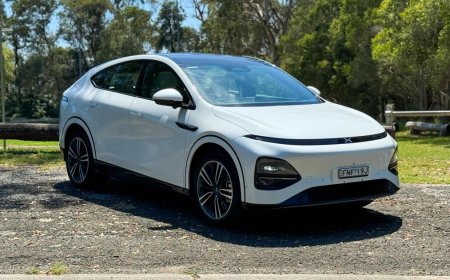Will 2025 be a turning point for car sales?
High interest rates and an affordability crisis have suppressed car sales in 2024, but analysts are hopeful that 2025 will reverse the trend.
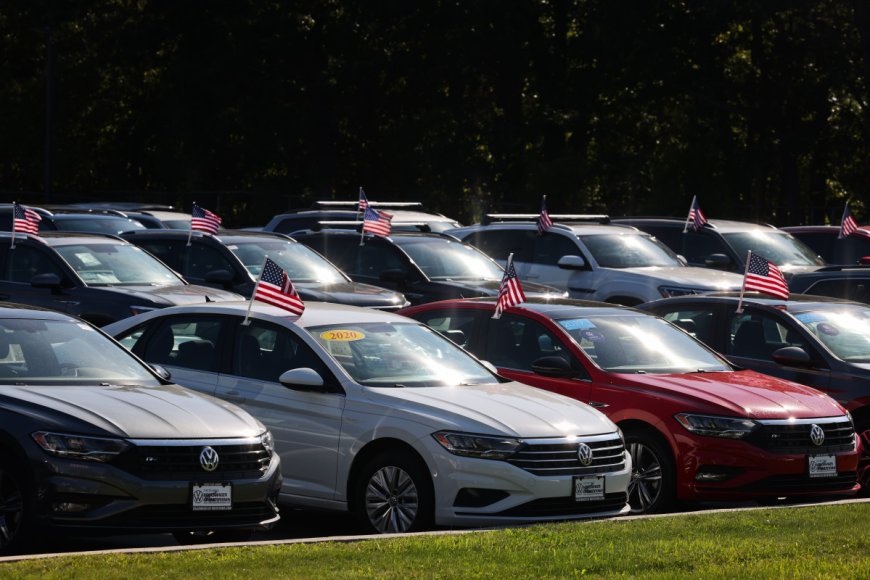
As 2025 approaches, the automotive industry is at a crossroads. Industry experts are predicting a modest rebound in car sales, but ongoing economic uncertainties and potential policy shifts leave plenty of uncertainty for an industry that has struggled to move inventory this year. Could 2025 mark a turning point for car sales in the United States?
Related: Jeep did what? Wrangler automatic back after fans revolt
A look back at 2024
The 2024 calendar year saw an estimated 15.98 million new vehicle sales in the U.S., with a slight improvement in the final quarter, according to Edmunds. In November, the average transaction price for a new vehicle rose to nearly $49,000, up 1.5% year over year. High prices drove new-vehicle inventory to the highest level it has seen since 2020, with over three million units in inventory across the country,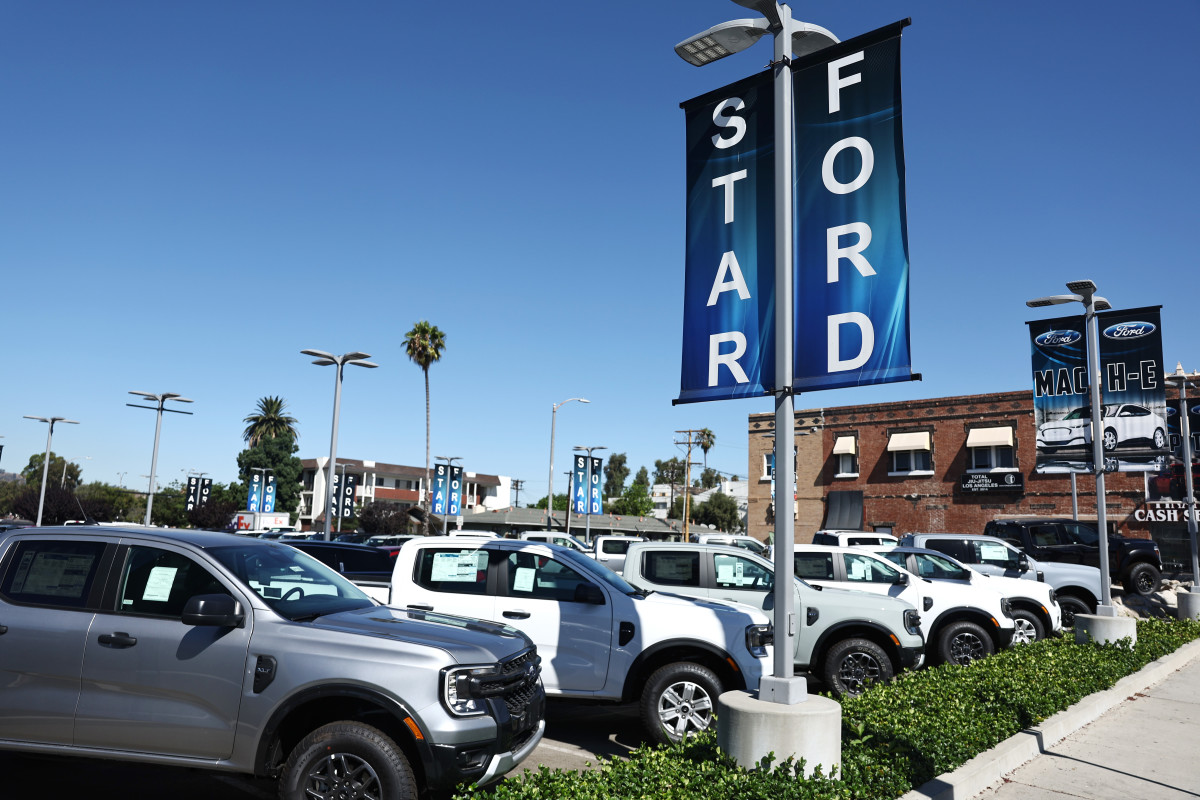
"Affordability (or lack thereof) in the new vehicle market was the recurring theme of 2024," said Jessica Caldwell, Edmunds's head of insights. "Consumers are still feeling the pinch, but the market has become a slightly friendlier place for car shoppers than it was at the start of the year."
End-of-year incentives, marginally lower interest rates, and improved consumer sentiment helped drive sales in recent weeks. "If sales volumes in November are any indication, we think 2024 will end on a positive note for the auto business,” said Erin Keating, Cox Automotive executive analyst. “Yes, prices are trending higher year over year, but higher incentives and discounts are bringing in buyers."
Related: Ford secures $9.63 billion federal loan for U.S. battery plants
What’s in store for 2025?
Industry analysts from Edmunds and Cox Automotive forecast between 16.2 and 16.3 million new vehicle sales in 2025, marking a 1.4% to 2% increase from 2024 and the highest annual sales figure since 2019. Yet, questions loom about whether this modest growth signals a true turning point or a temporary uptick. Three major trends will shape the automotive landscape in 2025:
1. Consumer optimism and economic momentum
The Federal Reserve’s decision to cut interest rates for the third consecutive time in late 2024 has created a more favorable environment for buyers. Lower rates reduce monthly car payments and may encourage more consumers to make purchases. Edmunds analysts also highlight the potential for renewed consumer confidence under the new administration.
"Consumers feeling energized about the incoming administration may be motivated to make a purchase,” Caldwell said. However, uncertainty around new leadership’s policies might lead others to delay buying decisions.
Related: Are EV batteries about to be the most durable part of your car?
2. Policy shifts could impact affordability
Proposed federal policies, including tariffs and the potential elimination of EV tax credits, could significantly alter the market. Tariffs could drive up vehicle costs, while the loss of EV incentives may lead to a short-term spike in electric vehicle sales followed by a slump. Automakers may need to get creative to offset these challenges, perhaps by introducing more leasing deals or exploring subscription models.
“The tariffs proposed by the incoming president might not be more than negotiation tactics, but if they were enacted they would likely affect the costs of nearly all goods and services—not just car prices,” Caldwell said. “Consumers would have less disposable income and automakers would likely need to increase incentive spending just to move metal.”
3. Shifting dynamics in the used vehicle market
The gap between new and used car prices is expected to widen further, pushing budget-conscious buyers toward pre-owned options. While lease volumes and new vehicle sales in 2022 limited the supply of near-new used cars, older trade-ins could help alleviate shortages and stabilize prices.
Still, attracting more buyers to the used car market may not happen easily. Research shows that a plurality of car buyers say they want a new car, but many of them are not prepared for the costs associated with the average new car.
Related: Why Honda is Going ALL IN on Fuel Cell Tech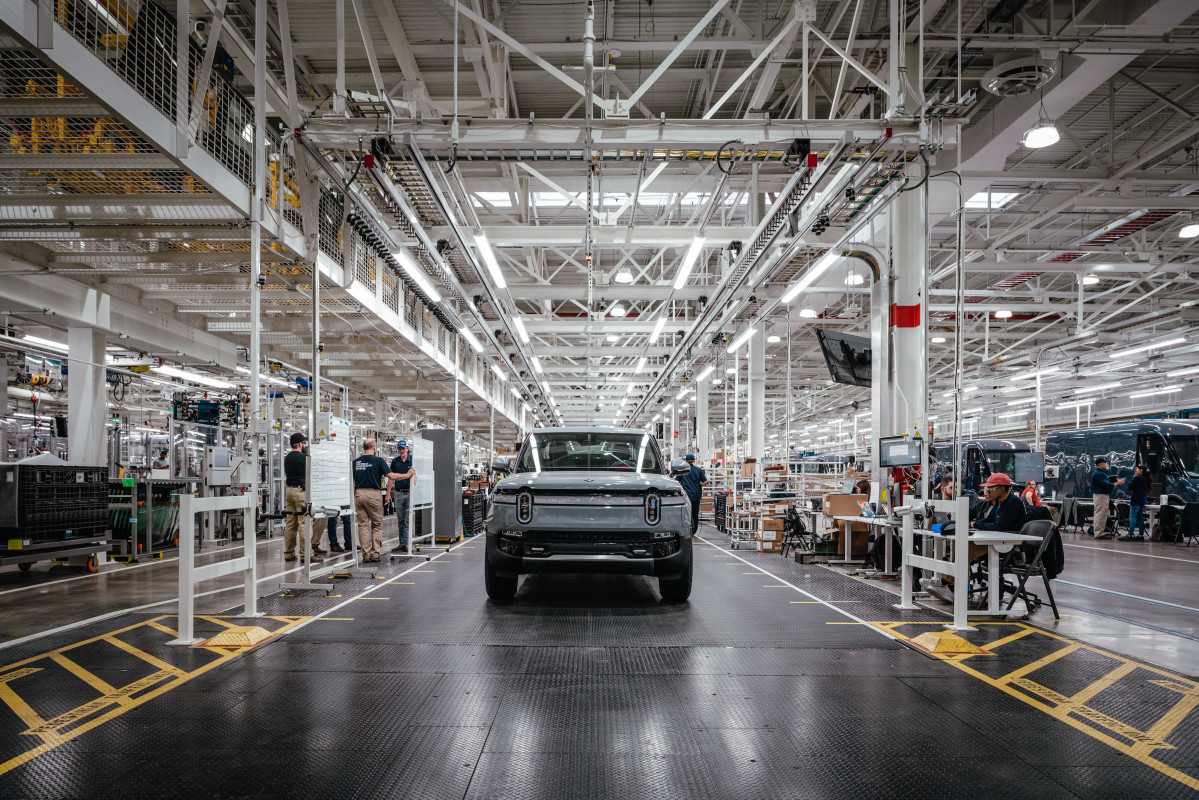
Interest rates fade into the background
The Federal Reserve's message this week that fewer and smaller rate cuts are on the horizon shocked financial markets, but analysts from Cox Automotive suggest that Fed policy will play a less central role in 2025 compared to recent years. While further rate cuts are expected, other factors, such as tariffs and legislative changes, could have a greater impact on car prices and loan rates.
Auto loan rates have already fallen from their 24-year highs earlier in 2024, improving affordability slightly. If lenders grow more confident in the economy, they may reduce yield spreads, further lowering borrowing costs for consumers.
Related: Hyundai is pouring money into struggling China business
Year-end advice for car buyers
For those planning to buy a car in 2025, timing may be critical. Analysts recommend making purchases sooner rather than later to hedge against potential price hikes stemming from new policies. 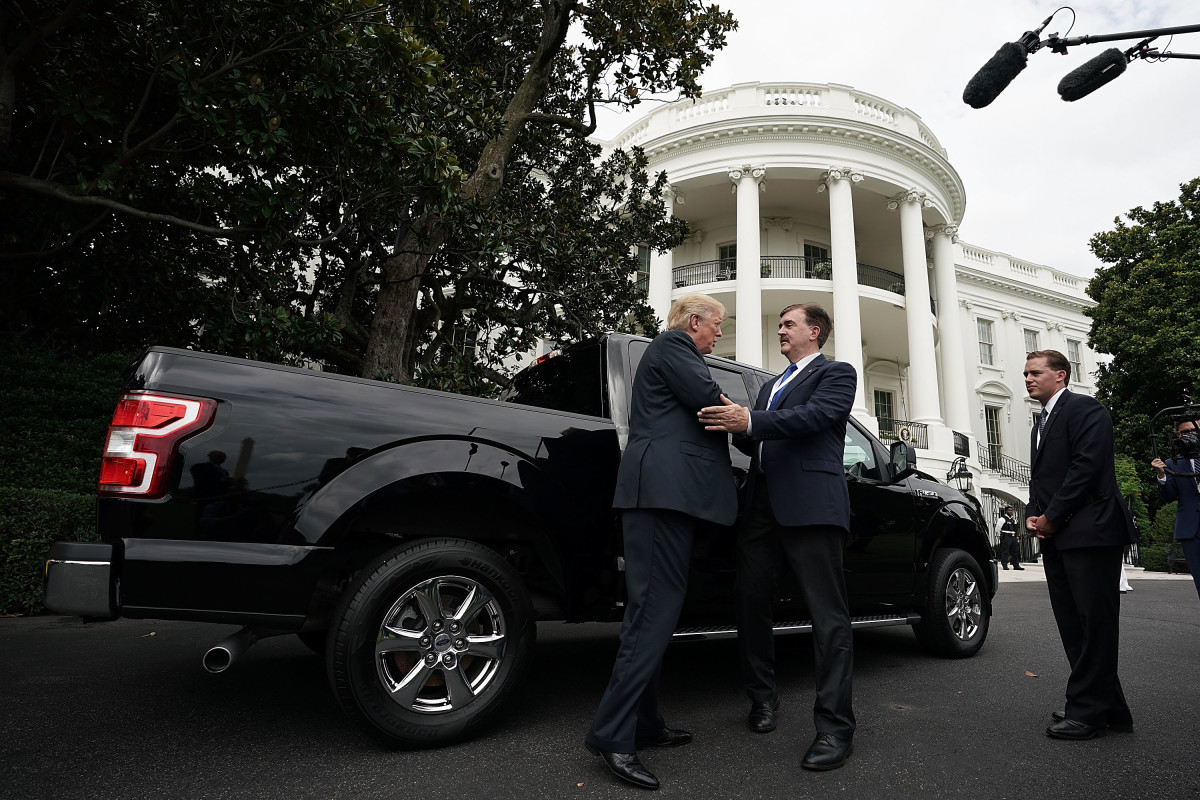
If President-elect Trump’s proposed tariffs are just negotiating tools as some analysts suggest, then the associated price hikes may never come to fruition. But, one area where prices are almost certain to rise is EVs. Prospective EV buyers are encouraged to make their purchases while the $7,500 federal EV credit—which the incoming administration plans to repeal—is still available.
Related: EV battery prices are plunging
Final thoughts
If the analysts are to be believed, 2025 should see a meaningful improvement in the car market over 2024. But, a host of factors threaten that vision. Policy changes, affordability concerns, and shifting market dynamics could suppress car buying.
Whether or not 2025 is an improvement over this year will ultimately be decided by how effectively automakers can draw in new buyers through improved products and better deals—and perhaps a few awkward celebrity endorsements.
